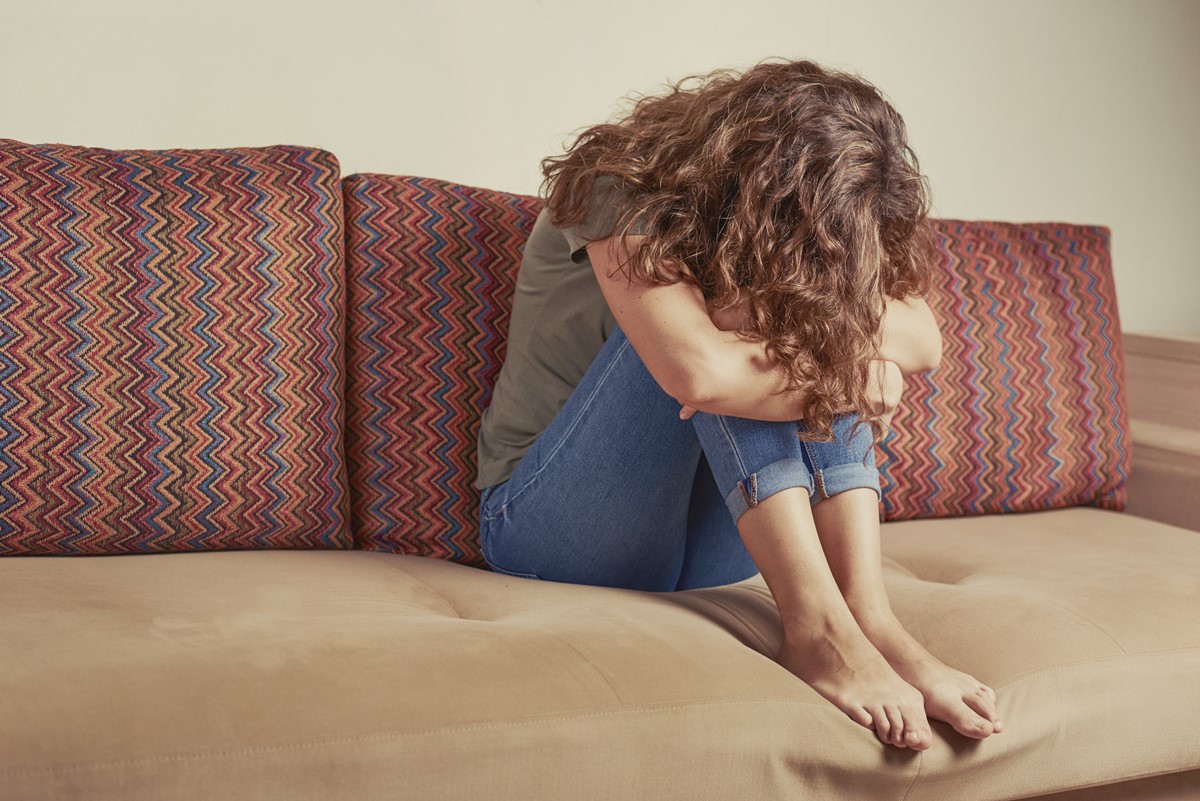Women and girls have abortions for all kinds of reasons, and while some feel nothing but relief after undergoing a termination of pregnancy, many experience much more complex emotions.
The feelings of loss and grief you may experience after an abortion are much like the mourning process you would experience after facing any other kind of loss, with one difference. Abortion is an enormously divisive political topic, and a matter people typically keep to themselves. A fear of judgment, potential feelings of guilt, and the knowledge that abortion is still a taboo topic may make it hard for you to reach out to loved ones and find support during your grieving process — and grieving alone is harder than grieving with support.
How can you deal?

Grieving After An Abortion
Grief is an immensely personal experience, and no two people grieve in the exact same way. You are unlikely to neatly make your way down the five stages of grief, and may instead feel many emotions at the same time. You may even feel relieved and sad at the same time.
Talk to someone you feel safe talking to during your grieving process. Those women who do not have supportive loved ones they feel comfortable talking to in person can reach out to others who have had an abortion on the internet, or to attend grief counseling. You may also keep a journal in which you can express your feelings.
While grieving, remember to take care of your physical body by:
- Eating a healthy and balanced diet
- Making sure you get enough sleep
- Avoiding unhealthy coping mechanisms such as alcohol, binge eating, or sensation seeking
When Do You Need Grief Counseling After An Abortion?
Research shows that women with a history of clinical depression and those who experienced physical complications after their abortion are most likely to become depressed or develop post traumatic stress disorder. If you fall into one of these categories, we would advise you to seek grief counseling.
Those who find they are unable to function in their daily lives after a few weeks, and whose grief does not subside, also need help. Women who chose to have an abortion despite fervently wishing they could have continued their pregnancy, and those who felt pressured into terminating a pregnancy against their wishes, are vulnerable as well.
How Is Your Abortion Likely To Affect You In The Long-Term?
Research shows that the vast majority of women do not suffer from any kind of psychological distress two years after having an abortion. Most women are satisfied with their decision, would make the same choice again given the same circumstances, and feel their abortion benefited them more than it harmed them. This is true regardless of the fact that many women do go through a grieving process after having an abortion. As with any grief, we can assure you that things will get better for you.














